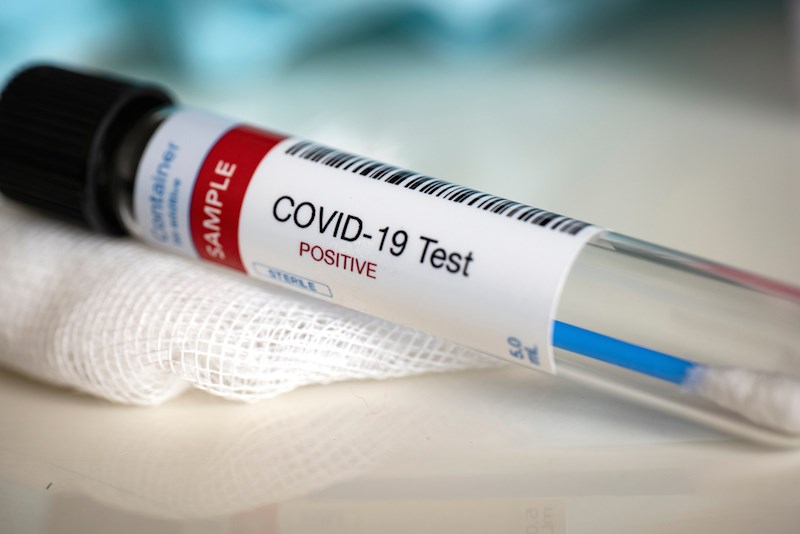Testing is available for anyone in B.C. with COVID-19 symptoms, according to the chief medical health officer for Â鶹´«Ã½Ó³»Coastal Health (VCH).
The province’s testing guidelines were changed last week – and those changes were – said Dr. Patricia Daly during a virtual town hall Friday evening about COVID-19.
“We now have opened up testing to anyone who has symptoms of COVID-19,” she said. “We advise clinicians that they can test a patient who presents with respiratory symptoms, or is concerned that they might have COVID-19.”
This means that any physician or nurse practitioner can order a coronavirus test for a patient based on their clinical judgement. People can also be referred for testing by calling 811.
The testing was opened up April 8 due to increased laboratory capacity, said Daly, and is a measure that other places – such as Alberta – have introduced as the curve starts to bend.
“We actually want to enhance availability of testing and make sure that anyone presenting with COVID-19 symptoms is offered a test,” said Daly.
However, B.C. still does not recommend testing for people who do not have symptoms of the virus as the test isn’t reliable in that situation.
Previously, B.C. limited its COVID-19 testing to health-care workers, residents or staff of long-term care facilities, those who are part of an outbreak investigation or people in hospital.
The virtual town hall, hosted by MLAs John Yap (Richmond-Steveston) and Bowinn Ma (North Vancouver-Lonsdale) is the first of five scheduled to take place between April 17 and April 23, with .
When to seek medical attention?
One Richmond resident raised the question of when those self-isolating at home with COVID-19 should seek medical attention.
It's a question health officials have been asked a number of times following , who passed away last week from the virus while self-isolating at home.
According to Daly, most people with the virus have mild symptoms, and about 80 per cent are recovering at home.
Those individuals will get daily follow-up calls from public health to see if their symptoms are improving or getting worse, said Daly. Usually, symptoms resolve after about 10 days.
But there are cases where symptoms can worsen, such as around the five to seven day mark, she said. Anyone who begins to experience shortness of breath or chest pain, or is feeling worse, should call 911.
Will restrictions be eased for people who have recovered?
Another Richmond resident asked whether physical distancing restrictions could be lifted first for people who have recovered from COVID-19.
B.C.’s health officials are currently in the process of validating a blood test that can determine if someone has enough antibodies to the coronavirus – meaning they have developed immunity, said Daly, although there isn’t evidence yet that that immunity will be life-long.
“We’re learning more each day from some of the research underway, and I think you will find more guidance once we have the results of some of those (studies) of this new antibody test,” said Daly.
Read more from the



